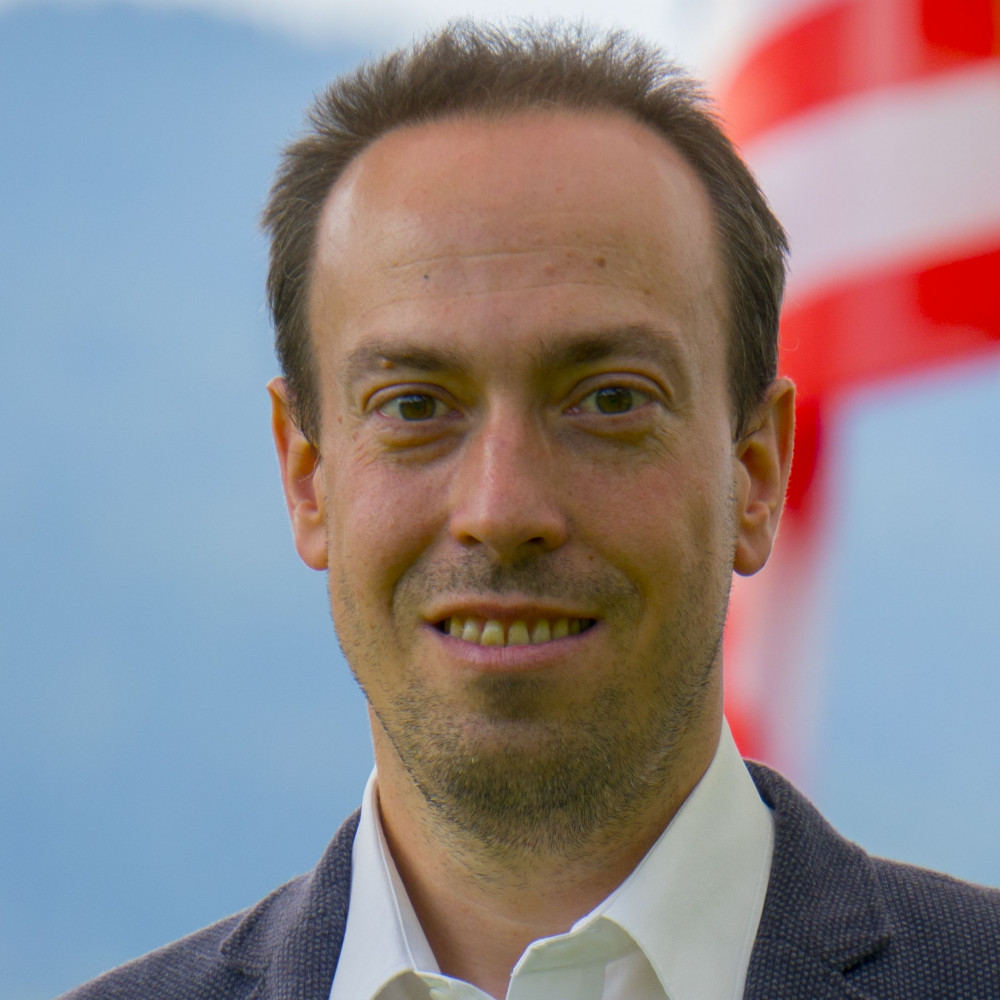Speakers
‹ Back
Mag. Daniel Spichtinger
independent consultant, self-employed
CV
I am an independent consultant helping stakeholders to understand and implement EU open science policy. From 2012-2018 I was a member of the unit dealing with open science in the European Commission’s Directorate-General for Research and Innovation. In this capacity I contributed to the development of EU open access policies. Since the end of my contract, I have returned to Vienna and now work as a self-employed expert. In this capacity, I have been involved in a number of open access projects, such as developing recommendations for an Open Access and Research Data Policy in Malta (for the EC Policy Support Facility) and a study of Open Access and Open Data in Azerbaijan (for IDI/EuropeAID). I am also the co-chair of European Association for Research Managers and Administrators’ (EARMA) Open Science Thematic Group.
Abstract
Abstract:Whatever works - A Practical Approach to Open Science. Daniel Spichtinger, Independent Consultant
The presentation, "Whatever works - A Practical Approach to Open Science" by Daniel Spichtinger, explores open science as a transformative yet complex field aimed at making scientific research accessible, equitable, and inclusive. He describes open science as a multifaceted concept involving various efforts to remove barriers across the research process. He highlights ongoing tensions, such as viewing science as a public good versus a commodity and the debate between radical and incremental change. Emphasizing the diverse narratives within open science, he points out the need for tailored approaches across disciplines and institutions. He argues for a practical approach that should take into account DEI but should not be dominated by ideology. Recent EU Council recommendations advocate reforms to support open access, multilingual dissemination, and stronger open science policies within the European Research Area. With the transition compared to turning a supertanker, Spichtinger underscores the marathon-like nature of implementing open science and invites active collaboration in realizing its full potential, including through policy and training in data management and FAIR data practices.